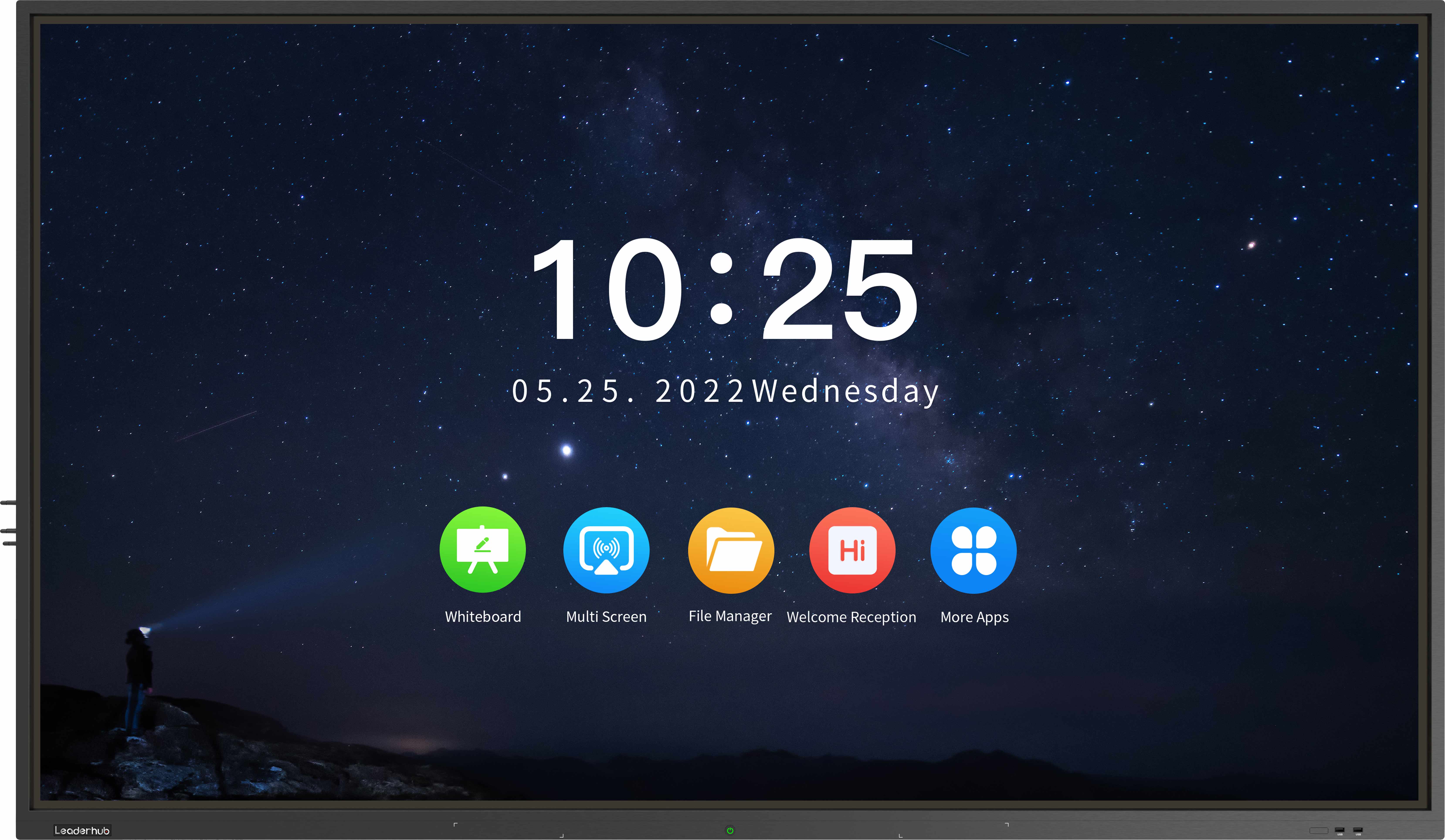The Role of Tablet Computers in the Transformation of The Loudi Interactive Conference

The use of tablet computers has revolutionized the way conferences are conducted, greatly enhancing the interactive experience for participants. In this article, we will explore a successful case study where tablet computers were utilized at the Loudi Interactive Conference in order to facilitate seamless communication, enhance engagement, and streamline information sharing.
Efficient Communication and Information Sharing
The integration of tablet computers at the Loudi Interactive Conference resulted in more efficient communication and information sharing among participants. Each attendee was provided with a tablet, allowing them to access important conference materials, such as agendas, speaker profiles, and presentation slides, at their fingertips. This eliminated the need for physical copies and reduced paper waste.
Instant messaging and chat features enabled real-time communication among participants. Attendees could easily connect with speakers, organizers, and other attendees, fostering productive discussions and networking opportunities. The tablets also facilitated interactive feedback mechanisms during sessions, giving participants a platform to ask questions, provide comments, and participate in live polls.
Enhanced Engagement and Interactive Features
Tablet computers played a crucial role in enhancing attendee engagement and interactivity at the Loudi Interactive Conference. Through the use of interactive apps and tools, such as live polling applications, attendees were able to actively participate in sessions, share their opinions, and contribute to the overall discussion.
The tablets also provided a seamless way for attendees to access supplementary information related to specific sessions, such as relevant articles, videos, and case studies. This enabled participants to dive deeper into topics of interest and facilitated meaningful discussions during and after sessions.
Streamlined Data Collection and Analysis
Another significant benefit of incorporating tablet computers into the conference was the streamlined data collection and analysis process. Through digital surveys and feedback forms, organizers were able to gather valuable insights, opinions, and preferences from the attendees. This data could be easily analyzed, providing valuable feedback for future improvements and planning.
Additionally, the tablets allowed for the collection of real-time attendance data, enabling organizers to accurately track session participation and make necessary adjustments based on attendance patterns and trends. This level of data-driven analysis and decision-making greatly contributed to the success of the Loudi Interactive Conference.
Conclusion
The successful implementation of tablet computers at the Loudi Interactive Conference transformed the traditional conference experience by facilitating efficient communication, enhancing engagement, and enabling streamlined data collection and analysis. The seamless integration of technology not only improved the overall experience for participants but also provided organizers with valuable insights for future conferences. With the continued advancements in technology, we can expect tablet computers to play an even more significant role in the future of conference organization and management.

